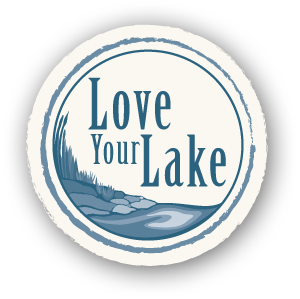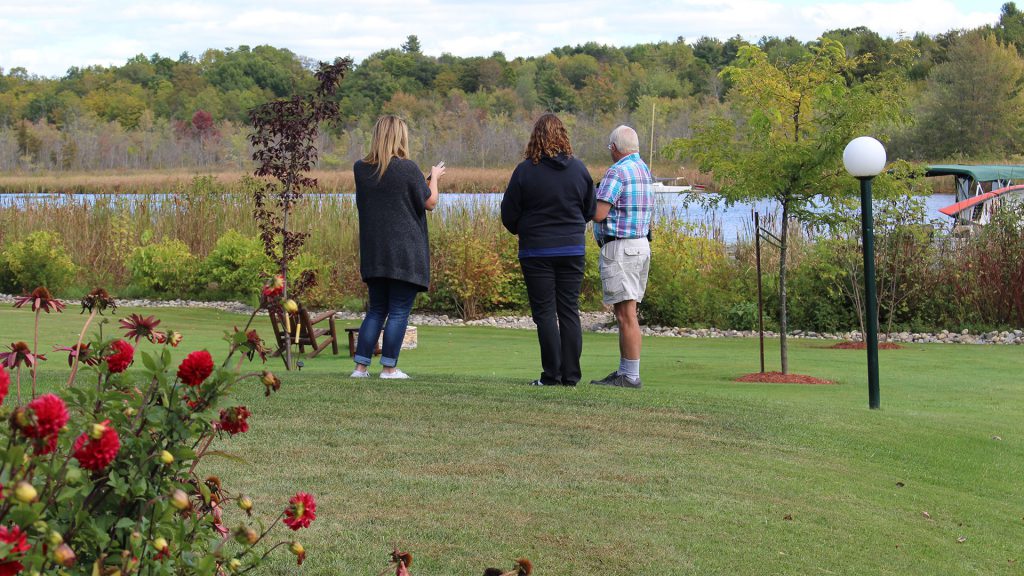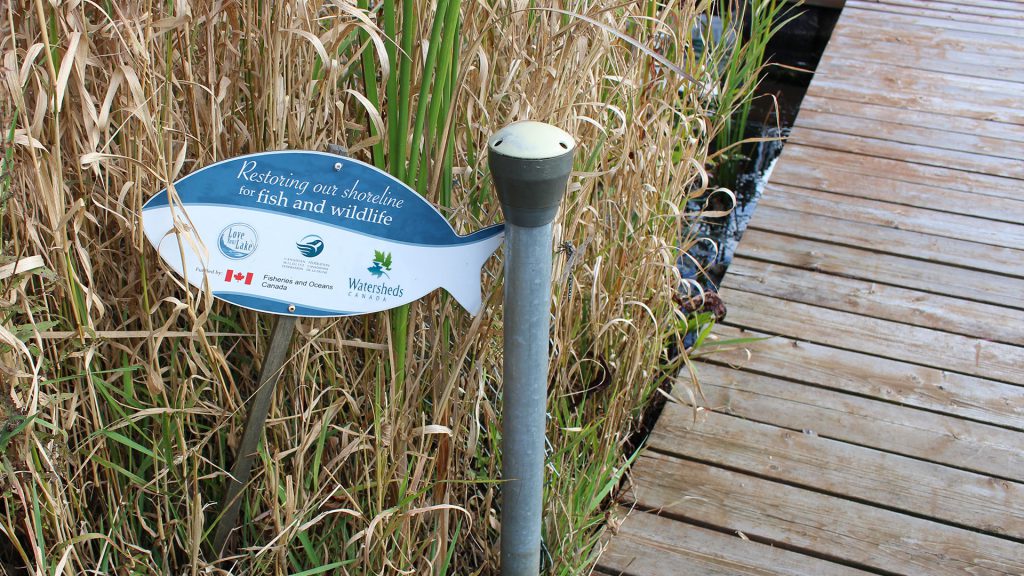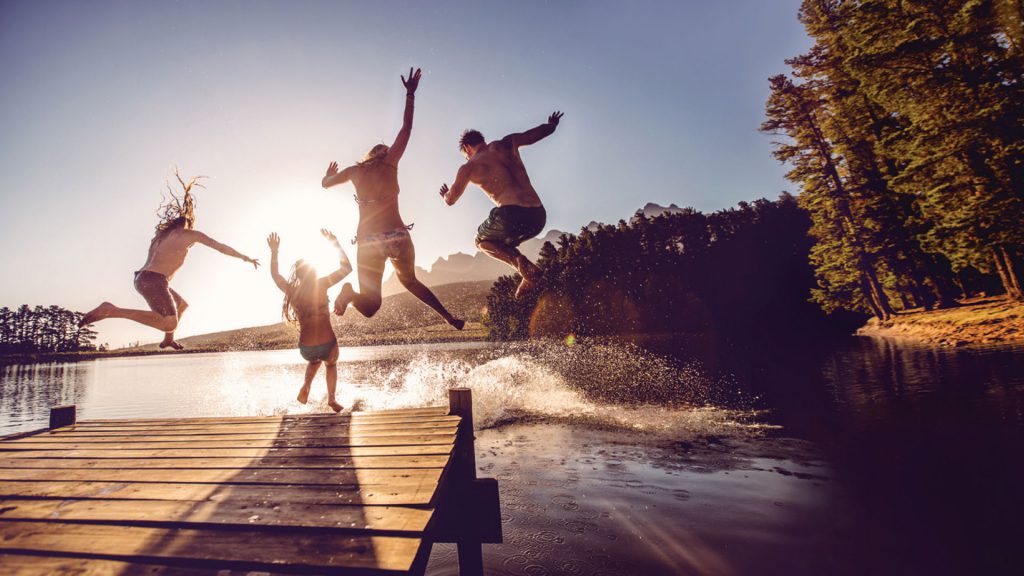Removing shoreline vegetation, runoff, boat wakes, construction and even foot traffic can cause erosion and affect water quality, wildlife habitat and shoreline stability.
To prevent erosion, you can:
Protect the Natural Shoreline
The best way to do this is to maintain its natural characteristics. This means keeping lots of vegetation, maintaining a shoreline buffer and leaving the stones, boulders, snags and dead branches in place (assuming it’s safe to do so). These materials absorb the energy from erosive forces like waves and keep the shoreline “glued” together.
Reduce Runoff
Where possible, plant and retain native vegetation to keep large amounts of runoff from entering your lake. Minimize paved and hard surfaces on your property such as driveways and decks. Direct runoff from driveways to settling areas and runoff from roofs into rain barrels.
Minimize the Wake from Boats and Other Motorized Watercrafts
Boat wakes erode shorelines, disturb aquatic ecosystems, swamp birds’ nests, damage docks and boats, upset canoes and endanger swimmers. So slow down when you’re close to shore.
Take Precautions During Construction
Make plans to control erosion. Use filter cloths, hay bales and silt fences to help control erosion. Cover fill piles with tarps to keep soil from being carried away by runoff. And limit construction during wet seasons to limit damage caused by heavy equipment.
Limit Foot Traffic
Foot traffic can trample vegetation, especially on steep slopes, causing soil to loosen and fall. Install footpaths to and from the shoreline, make sure they’re built in an S-pattern to prevent soil and runoff from barreling straight down the path into your lake, and insist that people use them.
Consider these basic erosion control methods
Create a Shoreline Buffer
The roots of whatever you plant will grip soil and keep it from blowing or falling away. For more information on shoreline buffers be sure to visit our Shoreline Restoration section.
Active Planting/Bioengineering Techniques
This uses living plant material to immediately control erosion and continually becomes more effective over time as the plants take root. For more information, visit this site.
Install Riprap
Shoreline buffers and active planting are great defences in protecting your shoreline from erosion. However, if your shoreline is experiencing severe erosion and requires more assistance to stabilize slopes, you could consider riprap. Riprap is a layer of rocks that are placed on a gentle slope (3:1 angle is best) and works to absorb and deflect waves and boat wake. Enhance wildlife habitat by allowing vegetation to grow between the rocks. Make sure you have all the necessary permits and approvals before you begin.
Join our community
Stay up-to-date on the Love Your Lake program by receiving free updates on Canada’s lakes and rivers.
Program co-ordinated by:







